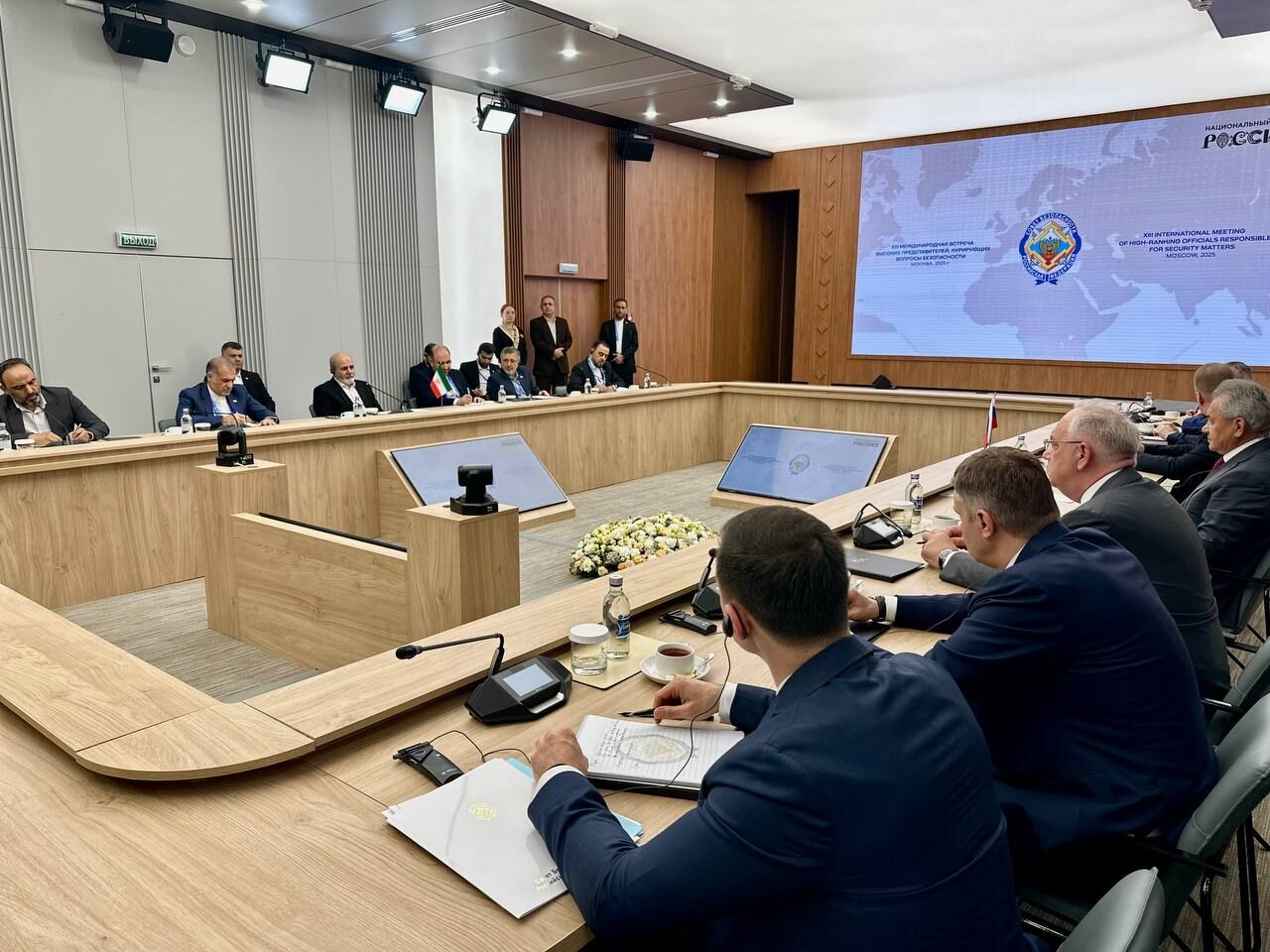
Similar Posts

French Town Removes Controversial Garbage Ad Featuring Khamenei Amid Iranian Backlash
A waste sorting campaign in France featuring controversial images of world leaders, including Iran’s Supreme Leader Ali Khamenei, has sparked significant backlash. Displayed on municipal buses in Béziers, the campaign aimed to promote waste management but raised safety concerns, leading Mayor Robert Ménard to cancel it. The ads, which included the slogan “Don’t forget to sort your waste,” drew criticism from Iran, with officials labeling it hate speech. The incident raises questions about free speech, political expression, and safety, highlighting the delicate balance municipalities must maintain between effective messaging and international sensitivities.
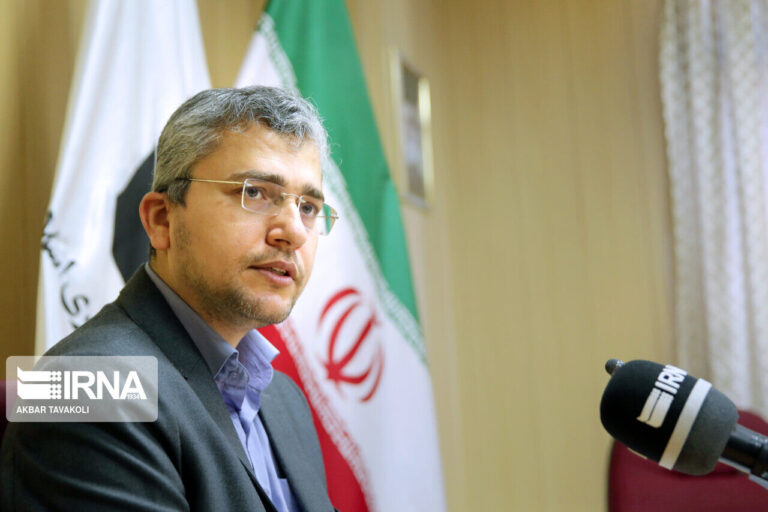
Geneva Negotiations: E3’s Push to Lift Sanctions Takes Center Stage, Says MP
During the Geneva talks, Iranian diplomats, led by Ebrahim Rezaei, emphasized their primary goal of lifting Western sanctions against Tehran. Following a committee session, Rezaei highlighted Iran’s commitment to respond decisively to any aggression towards its facilities. He warned that if the E3 (Britain, France, Germany) activate the snapback mechanism, Iran may invoke Article X of the Non-Proliferation Treaty and consider withdrawal. The Iranian Foreign Ministry insisted on no preconditions in the negotiations. These discussions, the second round since November, are crucial amid the U.S. withdrawal from the nuclear deal and the subsequent re-imposition of sanctions on Iran.
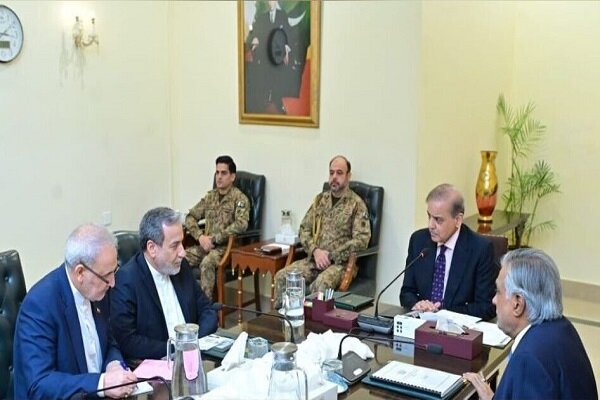
Pakistan and Iran Unite for Regional Peace: A Commitment to Collaborative Progress
Pakistani Premier Shehbaz Sharif met with Iranian Foreign Minister Abbas Araqchi in Islamabad, emphasizing the need to strengthen bilateral ties and promote regional stability. During the meeting, Sharif expressed condolences for a recent tragedy in Iran and reiterated Pakistan’s commitment to its historical relationship with Iran. Araqchi conveyed Iran’s dedication to enhancing cooperation, particularly amid rising tensions with India. Discussions included trade expansion, regional security, and the humanitarian crisis in Gaza. Both leaders stressed the importance of dialogue and collaboration to resolve conflicts and ensure peace in South Asia, showcasing a mutual understanding to deepen ties for their nations’ benefit.
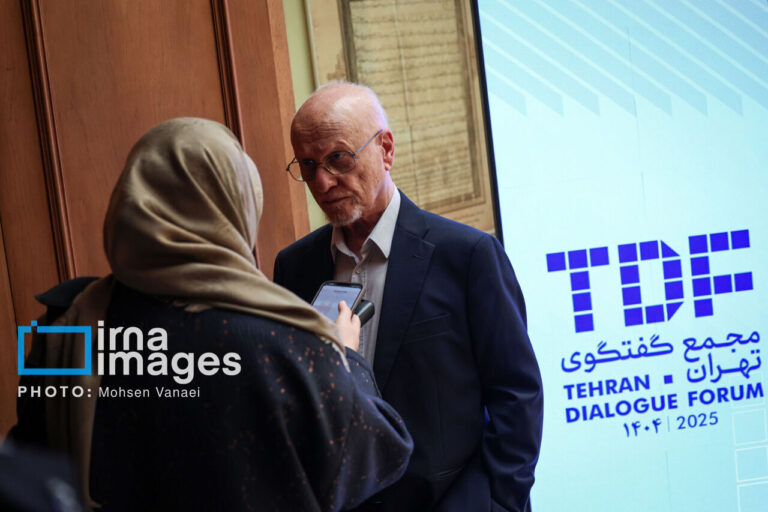
Pugwash Conferences Leader: Iran’s Enrichment Activities Can’t Be Mandated
Hussain Al-Shahristani, President of the Pugwash Conferences, stated that demanding Iran halt its uranium enrichment is unrealistic, as it is integral to the nation’s pursuit of peaceful nuclear energy, aligned with the Treaty on the Non-Proliferation of Nuclear Weapons (NPT). He emphasized that enrichment rights are fundamental, and pressuring Iran to abandon these activities is illegitimate. Al-Shahristani also highlighted the importance of mutual cooperation with the International Atomic Energy Agency (IAEA) for transparency. Concurrently, Iranian Foreign Minister Abbas Araqchi condemned U.S. demands as “unreasonable,” while Ayatollah Khamenei insisted Iran doesn’t need permission to enrich uranium.
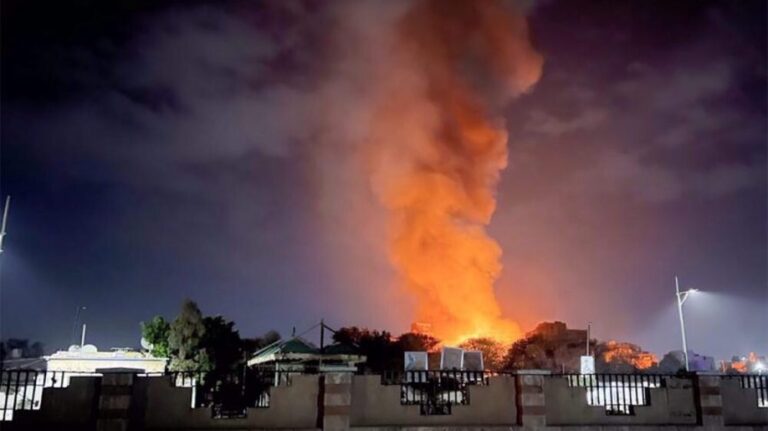
US Jets Intensify Military Operations in Yemen: Escalating Aggression Unveiled
The governorates of Sana’a and Sa’ada have become focal points for intensified military actions, primarily involving US airstrikes. Recent operations included multiple strikes in Sana’a targeting the Barash area and Mount Nuqum, as well as additional attacks in Sa’ada and Al-Hudaydah. Simultaneously, Yemen launched a hypersonic ballistic missile at Haifa and conducted drone strikes on Israeli targets, emphasizing its evolving military capabilities amid ongoing conflicts. The Yemeni Armed Forces have vowed to continue their operations until Israel ends its actions in Gaza, aiming to disrupt military supply routes and pressure the international community regarding the humanitarian crisis.
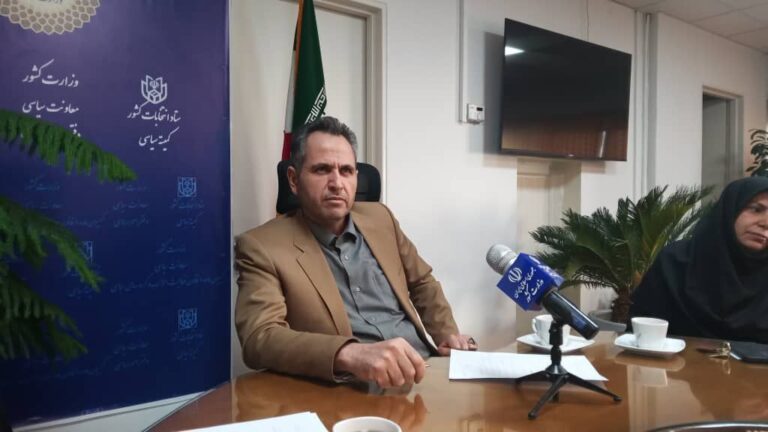
Official Claims Protest Gatherings Against VP Zarif Breached Rules and Regulations
An official from Iran’s Interior Ministry, Abuzar Kowsari, has expressed concerns about legal compliance during recent protests against Vice-President Javad Zarif in Tehran, Mashhad, and Qom. He described the gatherings as unauthorized and reported them to police for monitoring. Kowsari emphasized the importance of adhering to legal protocols for public assemblies, warning that such unauthorized protests could harm both the government and the legal system of the Islamic Republic. His statements reflect the ongoing tension in Iran between public dissent and legal governance, urging citizens to engage in lawful protests.